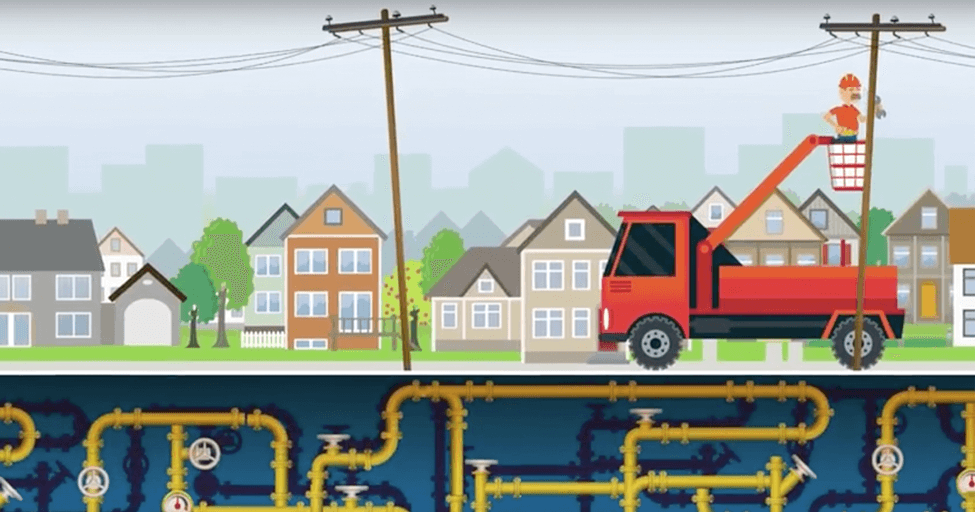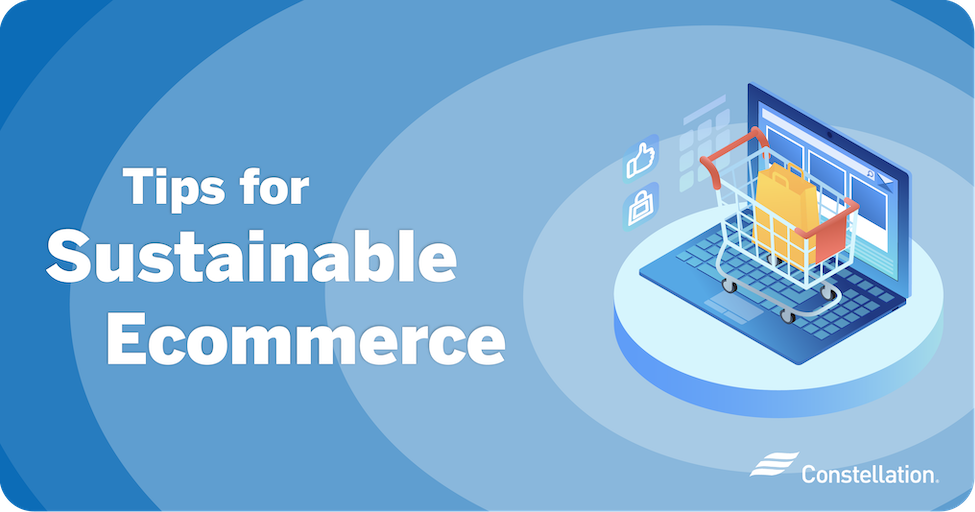
- Category:
Energy Choice -
Last updated:
August 3, 2017
Understanding Energy Suppliers vs. Utilities
Like most of us, you’re probably interested in controlling your household budget. While some of the services in your home such as water, internet, cable television or phone might be pretty straightforward, understanding retail energy might be more complicated. What is a retail energy company anyway? We’re here to help you better understand the difference between an energy supplier and a utility so that you know who provides your services, how they do it, and what the options are for your home within the retail energy market.
Navigating the retail energy market
If you’re trying to navigate the retail energy market, the place to start is knowing who is who. You are likely most familiar with your electric utility. But…what is an electric utility?
– The utility owns and operates the wires that bring electricity into your home or business.
– If you have a power outage or emergency, the utility services those situations.
– The utility reads your electric meter to see how much energy you consume each period.
By contrast, what is a retail energy company?
A retail energy company—or what we know in the business as a retail energy supplier or provider—can help you to secure your rate, or how much you pay per kwh, for your energy services. It might also offer additional options for energy (for example solar).
What is energy competition?
In the early 1990s, the federal government began to pass legislation to open the retail energy market in an effort to give consumers additional choices for electricity and natural gas providers. Some state legislatures then followed, but not every state allows for energy competition. Before you begin to shop around for energy rates, you will need to find out whether there is energy competition in your state.
How do retail energy suppliers and utilities work together?
Your utility takes care of everything related to the service of your energy and its delivery to your home. Retail energy suppliers—also known as retail energy providers—set your rate and contract term.
What is the benefit to using retail energy suppliers?
This goes back to the question, “What is a retail energy company?” Remember, this is how you get a competitive rate for your energy supply. By working with retail energy suppliers, you often have options as to how you set up your rate. For example, retail energy suppliers might offer you the choice of either variable or fixed-rate plans. A fixed rate plan would allow you to lock in a single supply rate for energy for the term of your contract; how that would work in your specific circumstance could depend on where you live.
What is an electric utility and how does it bring energy into my home?
How does the energy grid work anyway? There’s a lot of technology involved, but the process is not that complicated if you break it down into steps. Here’s a summary from Energy.gov:
- Electricity is created at a power plant. The electricity starts at a generator, which can be powered by burning fossil fuels, collecting wind or solar energy from solar panels or wind turbines, or from nuclear reactors.
- The electricity is transmitted to substations, where transformers change it into high voltages so it can be moved long distances along lines.
- Electricity distribution happens when the power is moved along those lines into homes and businesses.
- Finally, the electricity reaches its point of consumption. Each time you turn on a light or plug in a device (or when your 24-hour appliances like the refrigerator or HVAC system are powered on), you are the end user of that electricity.
Natural gas distribution to your home or business
Electricity isn’t the only energy used in your home. You might also use natural gas, which comes from a local gas utility. There are both public and private gas utilities; a public gas utility is owned by the government, and a private one is owned by companies. Natural gas follows a slightly different path than electricity:
- Field compressors: A compressor will move gas to a pipeline or processing plant. Pressure is used to move the gas through the pipelines.
- Transmission lines for natural gas are analogous to our highway system — they move the natural gas from its origin to local distribution companies.
- About every 50 to 60 miles along a pipeline, there’s a compressor station that boosts pressure of the gas moving through the pipes.
- Natural gas moves at a speed of about 30 miles per hour, so it can take several days for gas to cross the country.
- Along this journey, the natural gas will eventually reach a gate station at a local gas utility. This is where the “gas smell” is added to the substance, and it measures the flow rate of gas being received by the utility.
- We’re almost there! From the gate station, the natural gas is moved into distribution lines within a gas utility control center. This is the last part of the process before the natural gas is moved into your home.
- A service line brings natural gas into your home. The gas is measured by your meter, and then it can be consumed by your appliances that run on gas (for example, a gas furnace or stove).
The other way that you consume natural gas is when it is being used to generate electricity. In that case, the natural gas is being used to generate electricity before the energy comes to your home, and that’s why the utility is responsible for delivering energy to your home, regardless of who supplies it.
Ultimately, your objective is likely the ability to have seamless electricity delivery to your home or business with a rate that works best for your budget. If you live in a state with a competitive retail energy market, you likely have a variety of choices. That can be overwhelming, but hopefully what you’ve read has helped to break down the difference between a supplier and a utility so that you can understand how your home is powered—and by whom. If you’re interested in learning about how to have more control over your energy bills, contact us and we’ll be happy to help!




